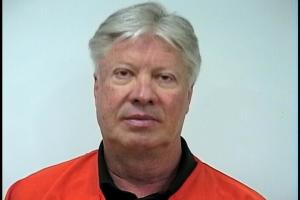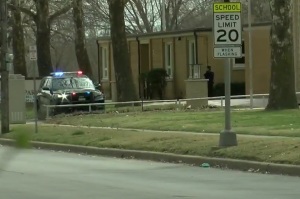In Isolated World of Pastors, Churches Mum on Troubling Clergy Suicides
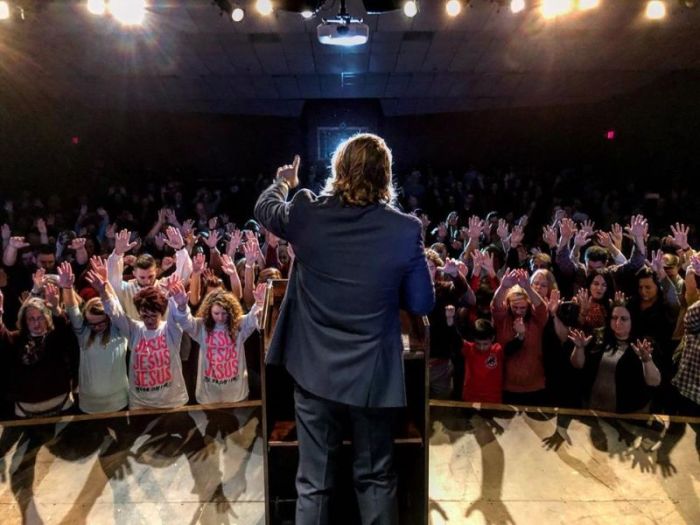
In the fall of 2013, the Rev. Teddy Parker Jr.'s wife found him in the driveway of their Warner Robins home in Georgia with a "self-inflicted gunshot wound." Many were stunned.
Parker never believed in suicide and often admonished his parishioners against it.
"I'm very surprised because he didn't preach that. He preached totally against it. It's something that the congregation don't really understand," Russell Rowland, a member of the Bibb Mount Zion Baptist Church in Macon, Georgia, where Parker was leader, said at the time.
"Everybody is just kind of stunned right now. I think a lot of people are just trying to understand why that happened. We're just praying to the Lord for guidance on this," he said.
A few months after Parker's death in April 2014, then pastor of Community Bible Church in High Point, North Carolina, Robert McKeehan, 42, was found hanging inside his home. He was the same age as Parker and was also a father of two.
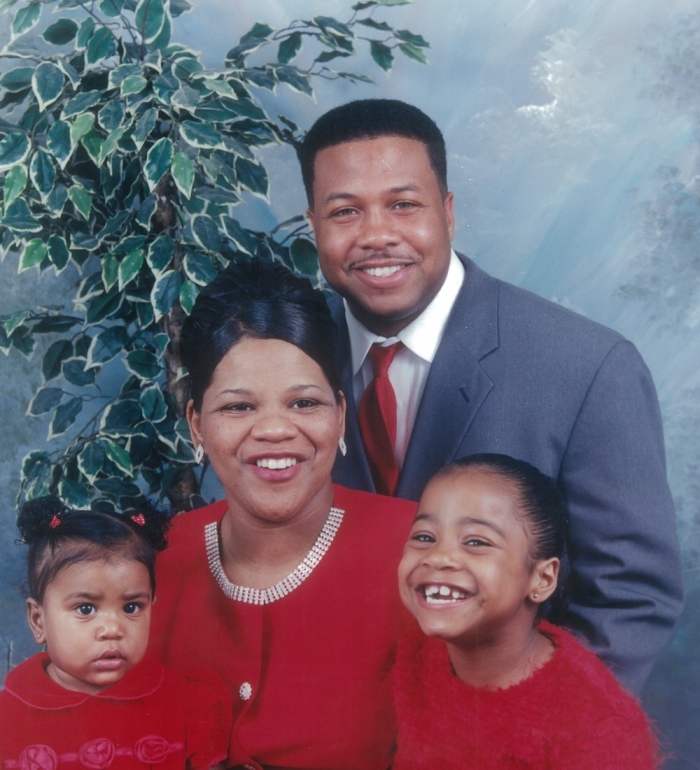
These pastor suicides have not just been unfortunate isolated events.
An alarming number of pastors have taken their own lives in the last five years. And despite the increasing prevalence of suicide nationally, and the troubling rates at which the epidemic has been affecting certain groups of clergy, many churches remain silent on the issue.
Parker's suicide came just three weeks ahead of Pastor Ed Montgomery's in November 2013. Three months later it was the Rev. Allen "Tommy" Rucker. Two months after that it was Pastor Robert McKeehan. Less than a month later is was Pastor DB Antrim. Then three months later it was the Rev. William "Bill" Scott who also killed his wife Charlotte.
Less than a year later in May 2015 it was Phil Lineberger, former president of the Baptist General Convention of Texas and pastor of Sugar Land Baptist Church. Three months after that in August 2015 it was the Rev. Seth Oiler. About a year later in August 2016, it was Pastor Lawrence "Larry" DeLong. Less than six months later and just before Christmas in December 2016 it was Pastor Daniel Randall who also took the life of his 27-year-old daughter Claire. Then last December, after a brutal struggle with his mental health, suicide expert and senior pastor of Christ the Rock Community Church in Menasha, Wisconsin, Bill Lenz, took his life too.
Troubling Statistics
A 2016 data brief from the CDC's National Center for Health Statistics said from 1999 through 2014, the age-adjusted suicide rate in the United States increased 24 percent from 10.5 to 13.0 per 100,000, with the pace of increase greater after 2006. Suicide rates, the brief said, increased for both males and females and for all ages 10–74. The rates are at the highest levels in nearly 30 years, a federal data analysis showed. Data illustrating this jump shows that in raw numbers the total number of people who died by suicide nationally jumped from 29,199 in 1999 to 42,773 in 2014.
While no one knows for sure the exact number of pastors who are among those who die by suicide, the National Occupational Mortality Surveillance database, which includes records on almost 4 million deaths during the period 1999, 2003–2004, and 2007–2012, provides a studied estimate on how many pastors are affected.
In examining deaths by profession, this CP reporter looked at data provided to The National Institute for Occupational Safety and Health by 23 selected state vital statistics offices and the National Center for Health Statistics.
NIOSH calculates the proportionate mortality ratios or PMR when data for the population at risk are not available and death rates cannot be computed.
"A PMR will tell you if there is a greater proportion of suicides in a profession compared to the general population. A PMR above 100 is considered to exceed the average background risk compared to all occupations," Julie Eschelbach, health communications specialist for the CDC's National Center for Injury Prevention and Control, explained.
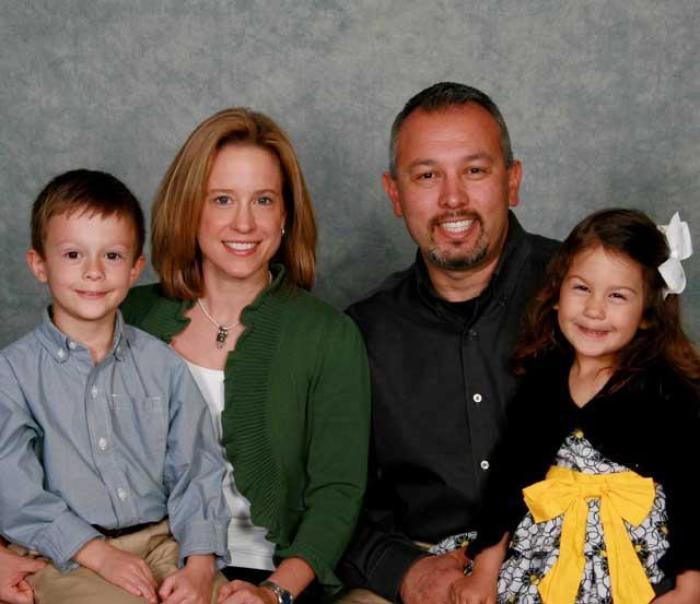
Looking at the data for all clergy combined regardless of sex or race, the PMR of 70 does not exceed the average background risk. When the data is broken down by sex and race, however, black male and white female clergy members showed elevated PMRs of 110 while the PMR for white male clergy stood at 52.
Counseling experts who track research on mental health among pastors are also raising concerns.
While acknowledging that he wasn't aware of any specific studies that looked specifically at suicides among pastors, Dr. Jared Pingleton, vice-president of professional development at the American Association of Christian Counselors, who is a licensed clinical psychologist and a credentialed minister, said of the suicide rate among clergy, "I wouldn't be surprised if it's not at least as high as the general population. I wouldn't be surprised if it's higher."
Chuck Hannaford, a clinical psychologist who consults for the Southern Baptist Convention, told The Gospel Coalition in 2016 that he believes the rate of pastor suicides has increased during his 30 years of practice and suggested the problem was worsening.
"Being a pastor is a dangerous job," he said. "Especially in certain evangelical circles, where you have more of a fundamentalist orientation theologically, you find pastors who will reduce their depression or their negative thought processes to strictly spiritual problems."
















